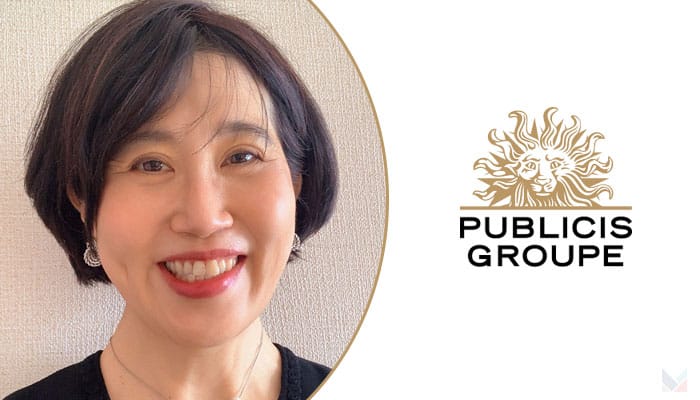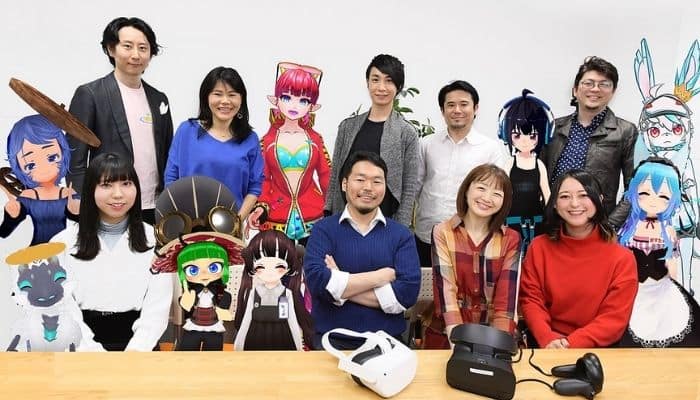Los Angeles, California — Prolific video game developer Riot Games has announced its expansion into several countries in the Asia Pacific (APAC) as part of its business reorganization in the region.
With a focus on hyper-localisation and fresh plans to extend its publishing reach to Japan and India, Riot Games will also open new publishing offices in the Philippines, Indonesia, Malaysia, and Thailand. Riot had previously run the SEA business out of its Singapore hub office and also had an office in Japan.
Riot has also brought in Alex Kraynov, its previous managing director of emerging markets for Southeast Asia, India, Latin America, Brazil, Middle East, North Africa, and Japan, as the new managing director for APAC to lead publishing.
The reorganization will also see a diversification of Riot’s operating model with publishing at the forefront, alongside its other business pillars of games, entertainment, esports and enterprise.
In this effort to strengthen their presence APAC, Riot has made the following regional appointments namely Shinji Komiyama as director of country management for APAC, Jennifer Poulson as head of publishing partnerships for APAC, Alasdair Gray as head of marketing for APAC, and Derek Winder as head of business development for APAC. Riot also made some appoint for its local division namely Yasushi Fujimoto as country manager of Japan, Joel Guzman as country manager of the Philippines, and Resha Pradipta as country manager of Indonesia and Malaysia.
Since re-establishing its Singapore HQ for Southeast Asia in 2018, Riot has significantly grown its workforce and is now doubling down on publishing in the region. This organizational expansion translates into the establishment of local offices and hiring country managers in key markets such as the Philippines, Thailand, Indonesia, Malaysia and India, joining publishing forces with Riot’s Japan office, and enhancing its publishing hub in Singapore to over 80 people across the region. Key departments within APAC Publishing include country operations, publishing partnerships, brand marketing, growth marketing and services, business development, and regional tech.
Alex Kraynov, managing director of Riot Games Asia Pacific, commented that this is a natural step in progression for Riot’s publishing business in Southeast Asia, and they recognized that APAC has the potential to become the biggest region in the world for the company. Kraynov continued by saying that APAC is intricately diverse, with massive gaming communities that have diverse needs and a strong appetite for mobile gaming.
“In the past few years, our offices in Singapore and Japan have worked hard to release several new games and have nurtured new esports leagues to excite and delight players. Working towards more physical presence in our key APAC markets, we’re extremely excited to double down on these efforts to continue striving towards being the most player-focused gaming company in the world,” Kraynov said.
Beyond the gaming space, Riot has also released projects and campaigns in animation adaptation, music, and fashion. More recently, Riot also collaborated with Filipino urban streetwear brand Team Manila on an exclusive capsule collection to celebrate the launch of Neon, the first Filipino agent in its tactical shooter VALORANT.
With the goal of being the most player-focused game company in the world, Riot has in the last couple of years launched new titles including its recent shooter hit VALORANT. Riot’s games within the League of Legends universe have garnered over 600 million players globally in the past decade.










